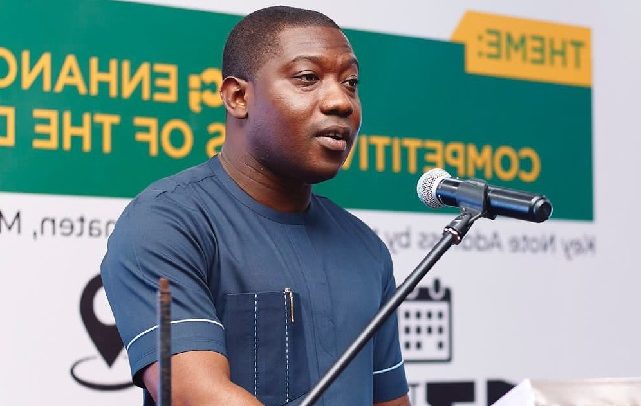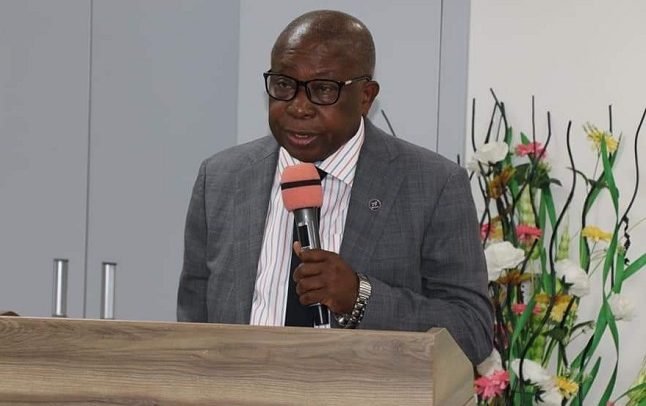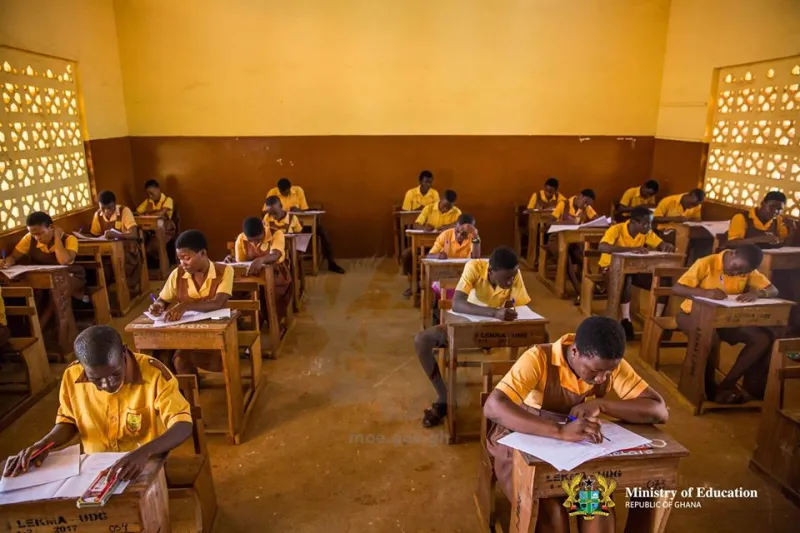
Delivering a speech at the 3rd Africa Trade Roundtable, on the theme “The relevance of AfCFTA’s competition protocols on Ghana’s industrial transformation” at the University of Professional Studies, Accra, Tuesday, Mr. Krapa said the initiative “will guard against anti-competitive conduct” stressing that an “effective competition policy will be critical to ensuring that the gains expected from the AfCFTA trade liberalisation will not be eroded by uncompetitive practices.”
Expanding his assertions, the deputy minister said some trade anti-competition “affects multiple African countries, leading to power concentrations that create oligopolies and enterprises seen as too big to manage. In the absence of safeguards regulating anti-competitive practices, businesses - domestic and foreign ones alike - can abuse their dominant market positions through price-fixing cartels, predatory behaviour that eliminates local competition and other market-sharing agreements.”
According to Mr. Krapa, “The provisions in the competition protocol would ensure that the benefits of trade liberalisation are not compromised by cross-border anti-competitive behaviour. The full benefits of free trade can only be realised where regulatory trade barriers, once removed, are not replaced by artificial trade barriers erected by firms operating in the market.”
“Thankfully, negotiations to adopt the AfCFTA Phase II Protocols have now been launched. These negotiations provide an avenue for tackling some of the most significant issues of the African integration agenda, and State Parties must use this opportunity to build the relevant trading infrastructure and adopt the right principles to meet the demands of an expanded market. The Protocol on Competition Policy will be one of the key outcomes of these Phase II negotiations”, Krapa added.
AfCFTA is a flagship project of Agenda 2063 of the African Union — Africa’s own development vision. It aims at accelerating intra-African trade and boosting Africa’s trading position in the global market by strengthening Africa’s common voice and policy space in global trade negotiations.
With trading currently underway since 1st January 2021, the duty-free, quota-free agreement has a market size of 1.3 billion potential consumers with a combined economic wealth of at least USD 3.4 trillion. As of 19th January 2022, 54 AU Member States have signed the Agreement, 42 Member States have ratified same, and 40 have deposited their instrument of ratification with the Commission.
There are two implementing protocol phases of the AfCFTA agreement. Whereas negotiations on phase one of the agreement which includes: Protocol on Trade in Goods and Protocol on Trade in Services has been completed, negotiations on Phase two of the protocols are still being negotiated and it includes: Protocol on Competition policy, Protocol on Intellectual Property Rights and Protocol on Investment.
Considering the enormous advantages, stakeholders have called on all to do the needful in order to ensure its success. For Mr. Krapa, institutions, among others, are to work together in a coordinated and efficient manner to ensure full-blown private sector participation and trading under the AfCFTA. He is of the view that AfCFTA benefits will not come by chance.
“State Parties have to progressively eliminate tariff and non-tariff barriers to trade in goods; progressively liberalise trade in services; cooperate on all trade-related matters, including customs and trade facilitation measures, investment, intellectual property rights and competition policy”, he said.
Also present at the event was the West Africa Regional Director Of CUTS International, Mr. Appiah Kusi Adomako; CEO of Ghana Export Promotion Authority, Dr Afua Asabea Asare; CEO of Ghana Free Zones Authority, Ambassador Mike Oquaye Jnr; Director General of Ghana Standards Authority; Professor Alex Duodu; CEO of Food And Drugs Authority; Mrs Mimi Darko; National Coordinator Of Ghana’s National Afcfta Coordination Office, Dr Fareed Arthur and President Of The Association Of Ghana Industries, Mr. Seth Twum Akwaboah. Others include academic staff and students of UPSA Law School. Read Full Story















Facebook
Twitter
Pinterest
Instagram
Google+
YouTube
LinkedIn
RSS